
Event Planning and Management
A Practical Handbook for PR and Events Professionals
Recommendation
With more than 30 years of experience in event-management, Ruth Dowson and David Bassett explain the challenges of successful events, including smooth organization. Their manual speaks to students, but it will also appeal to working professionals. The authors divide their information into chapters that provide an overview of each step in putting an event together. Multiple case studies and templates support each section’s practical lessons, along with charts, diagrams, checklists, examples, case studies, photos, and much more. Subsections within the chapters guide more knowledgeable readers to the in-depth advice they seek. Boxes labeled “top tip” offer suggestions for experienced planners. The clear language and blunt presentation reinforce the authors’ recommendations, whether for selecting a venue or naming a planning team. getAbstract recommends this detailed primer to aspiring event planners and all event professionals.
Summary
About the Authors
Ruth Dowson produces events, conferences and seminars. International event manager David Bassett focuses on sports and tourism. Both teach at the UK Center for Events Management.









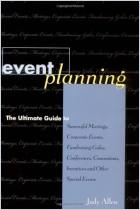
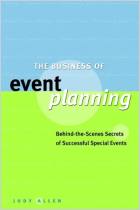
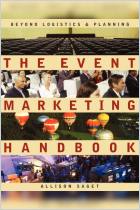
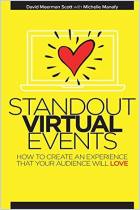
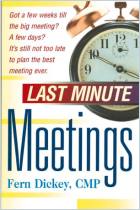
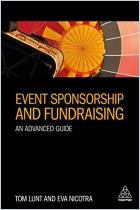




Comment on this summary or Iniciar a Discussão